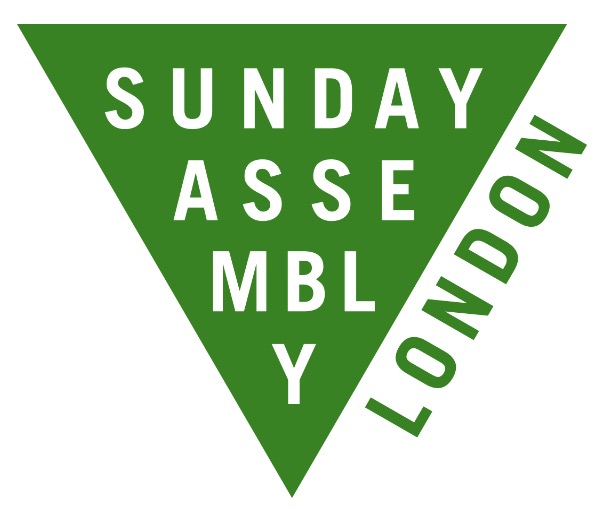Every morning I creep out of bed and sit down on a cushion in our coat closet. It’s the only place in the house where I can guarantee 15 minutes of uninterrupted quiet – even if I’m surrounded by muddy boots. I close my eyes and spend the next quarter of an hour having my brain take me away from my breath, which I am trying to focus on.
I’ve been doing this for four years, and I’m still as distracted as ever. And that’s fine. Meditating isn’t about getting ‘good’ at it, it’s simply about doing it over and over again.
Secular meditation is my personal practice, and I’m not alone. Apps like Headspace and groups likeJuniper are growing very quickly – and this book and CD by Mark Williams is absolutely fantastic if you want to give mindfulness a try.
But a practice can come in all shapes and sizes – singing, swimming, painting, reading, walking, stretching, or just about anything you choose. What matters are two things;
1) Your intention – you keep bringing back your mind to focus on the practice.
2) Your commitment – you do the practice at least once a day, even if only for a couple of minutes.
Having a practice is a bit like having a dog. It looks at you with great love and affection, but also knows that you could do better. There’s real trouble if you don’t take it out for a walk at least once a day. And it can be the greatest friend you have!
Leading a community is hard work. Hard. Work. Things will crop up that you’re responsible for – finances, resolving conflicts, developing new leaders – that are less easy to share around. In those moments when it feels like you just want to pack it in, that’s when the benefits of a personal practice really show. You might notice that you have more patience, or can suspend your judgment more easily, that you forgive mistakes with more humour. Having a practice isn’t a miracle cure for all that is difficult, but it has a habit of paying off when you most need it.
For me, much like the scientific literature on mindfulness suggests, I’m more able to pause when I start feeling stressed or angry, and more able to choose to be kind. Community works best when we’re all paying attention to how we show up and how we treat each other. If we truly want to build lasting, loving communities, it’s time we figured out what our personal practices are that will keep us there.

